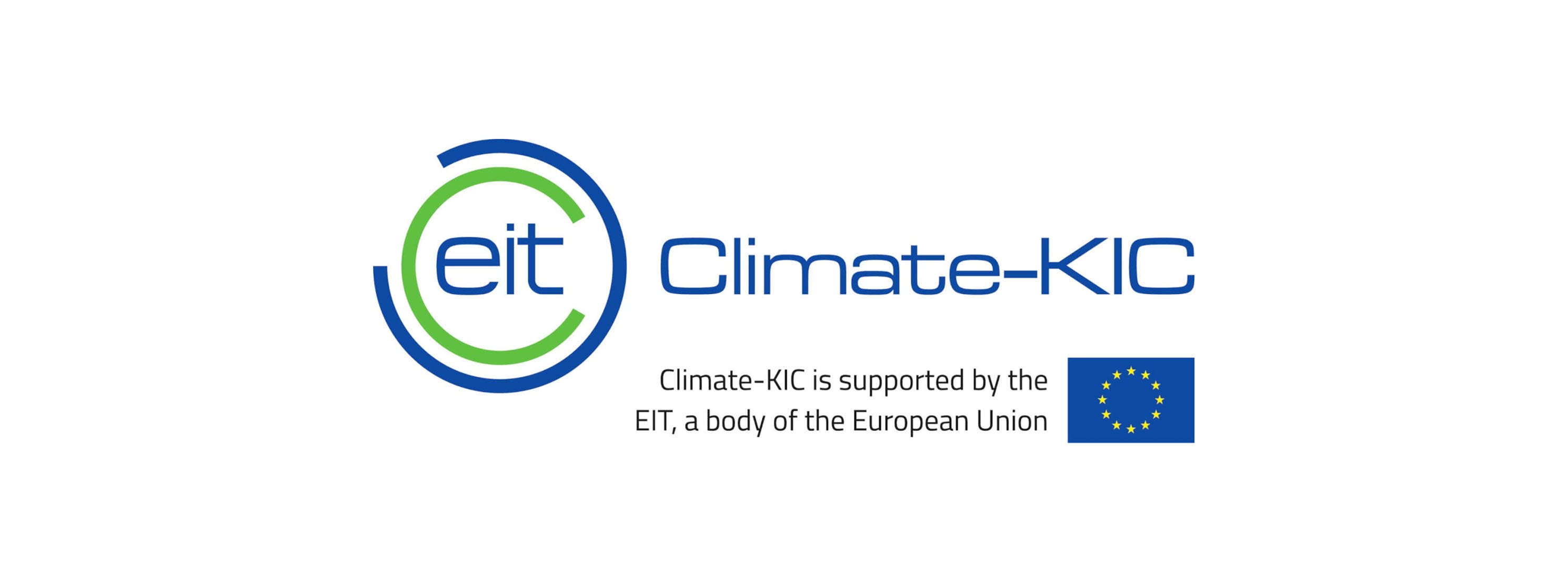This article is part of the Futures in Long-termism series. You can read all other related blogs by following the links at the bottom of the text.
Throughout the past decades, we have been slicing time to finer and ever-shorter periods. As investor Esther Dyson once said, “In politics the dominant time frame is a term of office, in fashion and culture it’s a season. For corporations it’s a quarter, on the internet it’s minutes, and on the financial markets mere milliseconds”. Our underlying structural capacities and incentives are deeply coded to advance short-term thinking and decision-making. This fundamental societal deficit in future-oriented thinking, permeates our psychological, cultural, technological, legal, financial and political infrastructures—amplifying a bias towards the present—resulting in short-sighted and vulnerable subjects, short-term financial investments, waste economies and a growing political fracture between intergenerational relations.
As ecological degradation, public debts and technological risks become a reality, we no longer have the luxury of time to treat the future as a distant outpost.
To address the multiple crises we face today, we need to extend our temporal frame of reference and develop strategic and critical responses that orient deep structural transformations in Long-termism. In other words, we need to develop the will, motivation and structural instruments to escape the salience of the present, and realise our power and responsibility over the future. This is an investigation we’re undertaking—in collaboration with a series of partners—as part of the EIT Climate-KIC Long-termism Deep Demonstration Initiative, which focuses on the transformation of major systems to enable a reorientation of mindsets, behaviours and mechanisms that foster future-thinking.
At Dark Matter Labs, our current contribution to this work is a series of ‘experimental zones and probes’—we believe these are the beginning for imagining alternative futures, and span across individual empowerment, cultural narratives, democratic processes, financial instruments and policy reforms. These zones are not comprehensive, rather they function as starting points for speculating on the systemic shifts towards Long-termism.
To create a present focused on the future, we’re looking to move from (1) Perishable Selves to Persistent Selves; (2) from Obsolete Objects to Persistent Things; (3) from Abstracted to Entangled Organisations; (4) from Shrinking State Care to Long Welfare; (5) from Short-term Investments to Long Financing in a volatile world; (6) and from Limited Representative Democracies to Long Democracies; we define these as our six ‘zones of experimentation.’ Using this initial frame, we will be exploring six interdependent experimental probes to be tested simultaneously as a way to start inquiring into deep, long-term transformation.
You can read about our six interdependent experimental zones and probes here:
1. Perishable Selves to Persistent Selves
2. Obsolete Objects to Persistent Things
3. Abstracted to Entangled Organisations
4. Shrinking State Care to Long Welfare
5. Short-term Investments to Long Financing in a volatile world
6. Limited Representative Democracies to Long Democracies
These pieces have been co-authored by Chloe Treger, Indy Johar and Konstantina Koulouri. The visuals were developed by Juhee Hahm and Hyojeong Lee.
This portfolio of experimental probes is part of broader system of interventions being prototyped by the Long Term Alliance.
The Long Term Alliance is co-founded by EIT Climate KIC, Dark Matter and a cohort of partners focused on five Areas of Action, which when combined seek to leverage systemic impact—changing behaviour, mindsets and action towards a long-term oriented society.
Our five Areas of Action are: Resetting the Rules of the Game for Regulation and Governance; Rethinking Notions of Value to Reform the Financial System; Empowering Individuals through Information Transparency, Capability Building & Behaviour Change; Enabling Collective Action & Creating New Democratic Spaces to Create the Ground Swell Pressure for Change; and Shifting Culture & Narratives to Promote Long-Term Mindsets.
In parallel and in recognition of the scale of change necessary, EIT Climate KIC together with Dark Matter and our partners are also experimenting with new instruments, mechanisms and vehicles that can invest over longer time frames, invest in the institutional deep code experimentation necessary, invest vertically in portfolios spanning deep culture change to new institutional infrastructures to accelerate the transition of Europe towards a long-term society.


